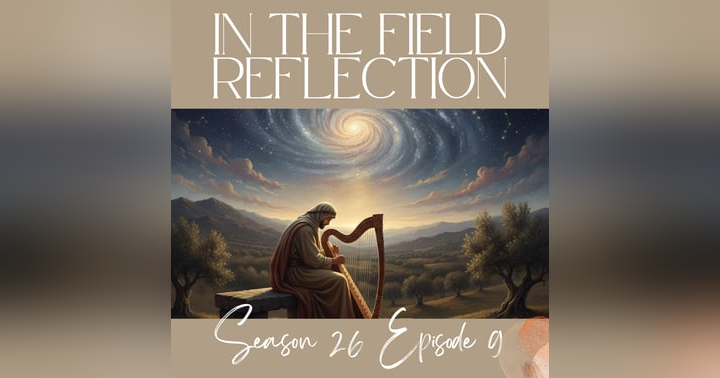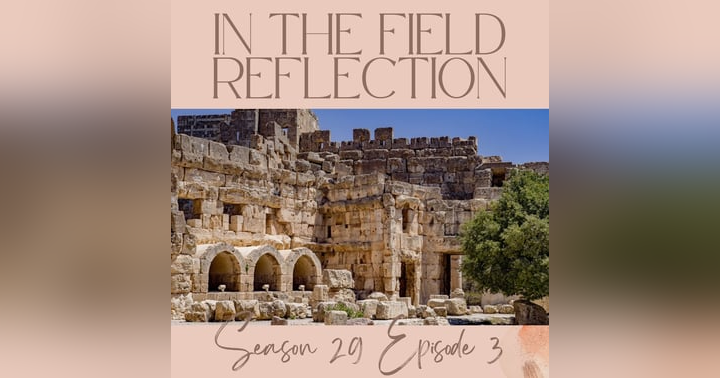Inheritors of Promise: Reclaiming Your Identity as God's Child

In Galatians 4, the Apostle Paul transitions from theological argument to heartfelt pleading as he addresses a spiritual crisis among the Galatian believers. This pivotal chapter reveals Paul's deep emotional investment in these early Christians, urging you toward reclaiming your identity in Christ as you abandon the familiar chains of religious legalism and embrace the freedom of grace.
The chapter opens with Paul using a powerful analogy that his audience would immediately understand: the distinction between heirs and slaves. In the ancient world, even the son of a wealthy household lived under restrictions similar to slaves until he reached the appointed time set by his father. Paul draws this parallel to describe humanity's spiritual condition—we were all once enslaved to "the elemental spirits of the world," living under the guardianship of the law until the moment of divine intervention. This imagery of confinement and subsequent liberation serves as the foundational framework for understanding our spiritual journey from bondage to freedom in Christ.
The emotional center of this chapter emerges when Paul declares that "God sent forth His Son" in "the fullness of time." This phrase carries tremendous theological weight, suggesting that Christ's incarnation occurred at the perfect moment in human history when all conditions—cultural, political, linguistic, and spiritual—converged for the gospel's maximum impact. Christ came "born of a woman, born under the law" to redeem those under the law's authority. Here, Paul emphasizes Christ's full humanity and Jewish identity, both essential to His redemptive work. The purpose of this redemption wasn't merely forgiveness but adoption—a radical change of status from slave to son, from outsider to heir.
Paul's language becomes intensely personal when he reminds the Galatians that God "sent the Spirit of his Son into our hearts, crying, 'Abba! Father!'" This intimate address—combining both Aramaic and Greek terms for father—was revolutionary, suggesting a closeness with God that traditional Judaism would have found shocking. This spiritual reality of adoption transforms our relationship with God from fear-based compliance to love-based communion. Paul's anguish becomes palpable as he questions how they could possibly abandon this precious intimacy to return to "weak and worthless elementary principles."
The apostle then shifts to a painful personal appeal, reminding the Galatians of their former affection for him despite his "bodily ailment" when he first preached to them. This mysterious physical condition—which some scholars suggest may have been an eye disease based on his mention that they would have "gouged out their eyes" for him—didn't diminish their initial reception of his message. Paul's vulnerability here is striking as he asks, "Have I then become your enemy by telling you the truth?" His pastoral heart breaks through the theological discourse, revealing a spiritual father grieving over his children's spiritual regression.
The chapter concludes with a bold allegorical interpretation of the story of Sarah and Hagar, representing two covenants: one of freedom through promise (Sarah) and one of bondage through human effort (Hagar). This interpretative approach, while different from modern exegesis, powerfully communicated Paul's central message: those who rely on the law for righteousness remain in spiritual slavery, while those who trust in God's promise through Christ experience true freedom. Paul's urgent command—"Cast out the slave woman and her son"—wasn't a rejection of Jewish heritage but a call to reject any system that undermines the sufficiency of Christ's finished work.
Galatians 4 remains profoundly relevant in a world where performance-based religion continually threatens to eclipse grace-based relationship. Paul's passionate plea reminds us that the gospel isn't merely about changing our behavior but transforming our identity. We are no longer slaves but sons and daughters, no longer distant servants but intimate heirs. This chapter challenges modern believers to examine where we might be slipping back into spiritual slavery—whether through legalism, approval-seeking, or self-salvation projects—and to reembrace the liberating truth of our adoption in Christ.



